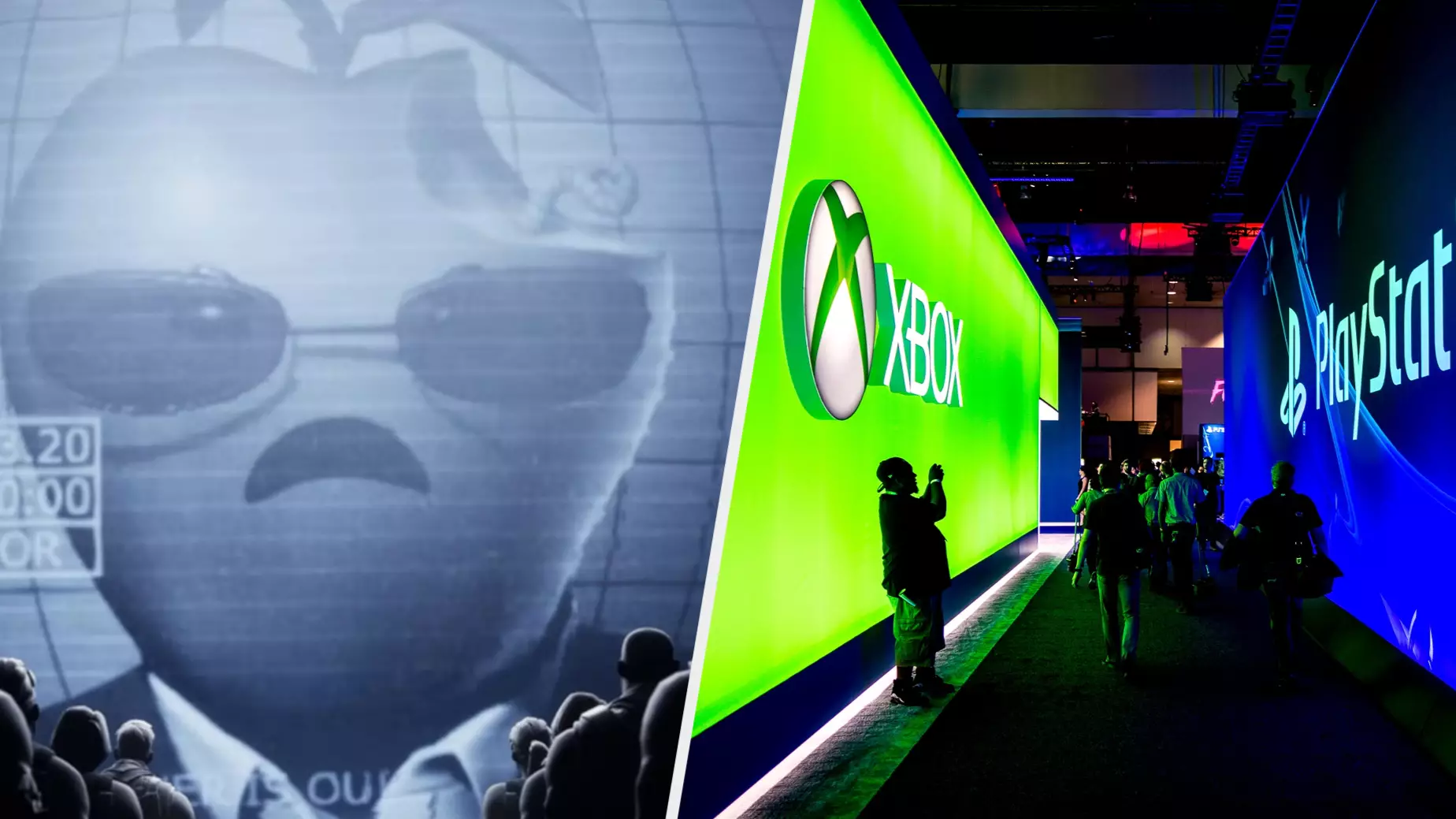
The Fortnite feud between Apple and Epic Games may lead to "significant and serious ramifications" for the industry as a whole, based on new details from the court documents.
A quick recap before we go forward: earlier this year, Epic Games implemented a V Bucks payment system into the iOS version of Fortnite, which bypassed Apple's own payment system. This move was in violation of the App Store's policies, which requires developers to give Apple a 30% cut of digital transactions on the App Store. Irritated, Apple removed Fortnite from the App Store, and in response, Epic Games chose to sue the company for its "anti-competitive actions."
To sum up, Epic Games broke the rules of its agreement with Apple, Apple didn't like that, and Epic Games didn't like that Apple didn't like that. The to-ing and fro-ing between the two companies was difficult to keep up with, but a recent development in the legal battle is very eye-opening. Judge Yvonne Gonzales Rogers, who is the assigned United States District Judge for the lawsuit, stated that the 30% of revenue share that developers must give to Apple isn't an exceptional case.
Advert

"Indeed, Sony, Nintendo and Microsoft all operate similar walled gardens or closed platform models as Apple, whereby the hardware, operating system, digital marketplace, and IAPs are all exclusive to the platform owner," she said. "A final decision should be better informed regarding the impact of the walled garden model given the potential for significant and serious ramifications for Sony, Nintendo and Microsoft and their video game platforms."
For this reason, Epic Games' complaints against Apple aren't so special. Judge Rogers suggests that if this were a huge issue, then surely countless developers and publishers would have raised it with regard to other platforms that operate on similar terms. She says that these other platforms owned by Sony, Nintendo, and Microsoft should be examined for their fiscal impact on the developer, having been brought to light by this lawsuit.
"Epic Games' avers that the iOS platform is unique from other gaming devices," continues the announcement made by Judge Rogers. "Specifically, Epic Games argues that gaming consoles and computers require electrical outlets and separate screens and thus lack capacity for mobile play, which demands portable, battery operated, and cellularly connected devices with built-in screens."
Advert

"Yet, Epic Games repeatedly ignored discussion of gaming laptops, tablets, and the Nintendo Switch, all of which can be played in a mobile fashion. These devices could have significant overlap with the iOS platform in terms of the ultimate consumer," she argued. "Again, however, at this stage, the record does not contain sufficient information to determine whether such other devices are economic substitutes or are merely complimentary to iOS devices."
Blimey. So, while Epic Games was banging pots and pans together, drawing attention to Apple's "unlawful monopoly," it might have blown the lid off the accepted structure of revenue shares between developers and platform holders. Also included in the new court details is the fact that Epic Games is not able to reinstate Fortnite on the App Store pending the outcome of the lawsuit. Furthermore, Apple now has a restraining order to prevent it from discontinuing support for Unreal Engine apps and games.
Featured Image Credit: Epic Games, VentureBeatTopics: epic games, Fortnite